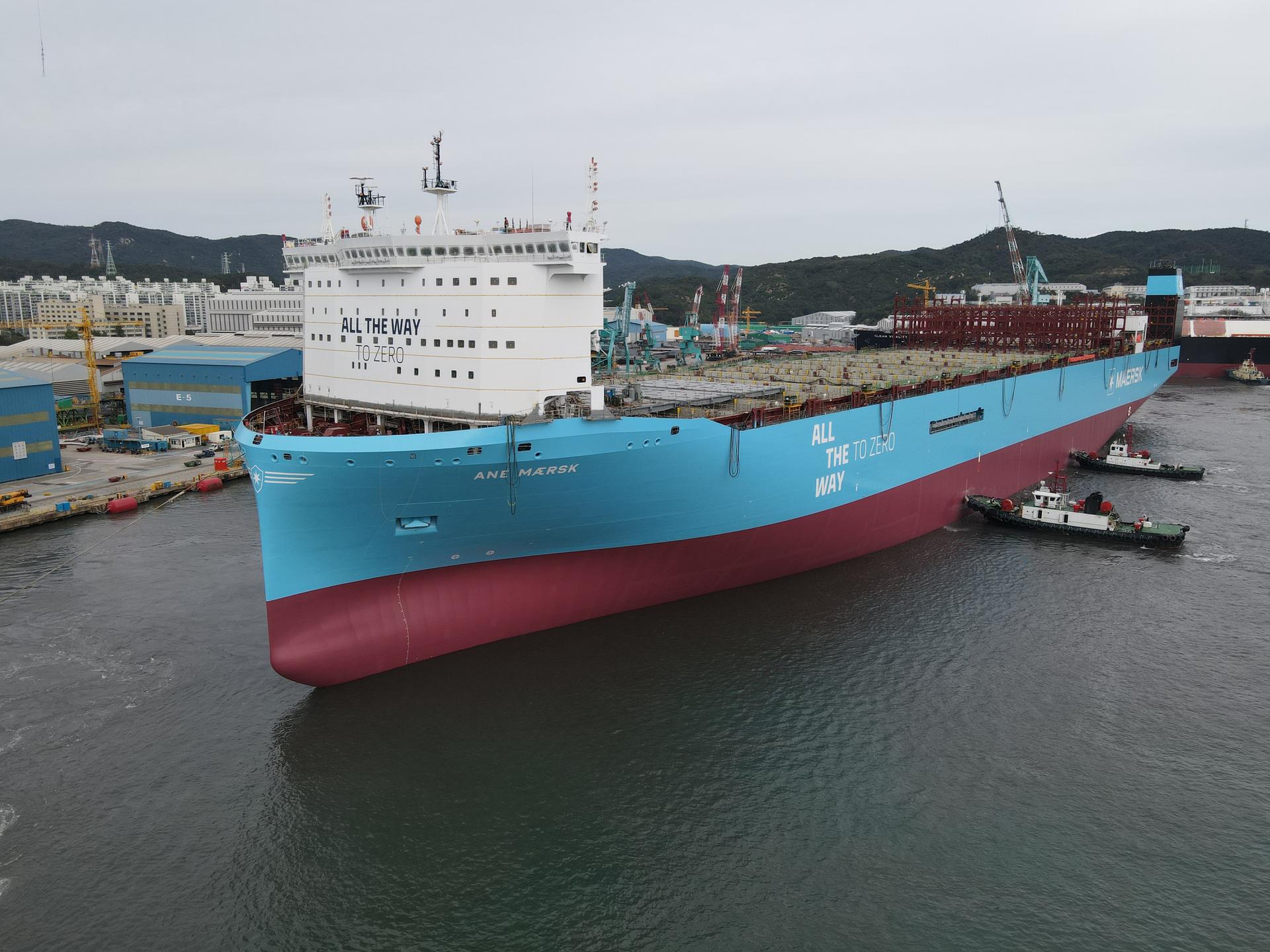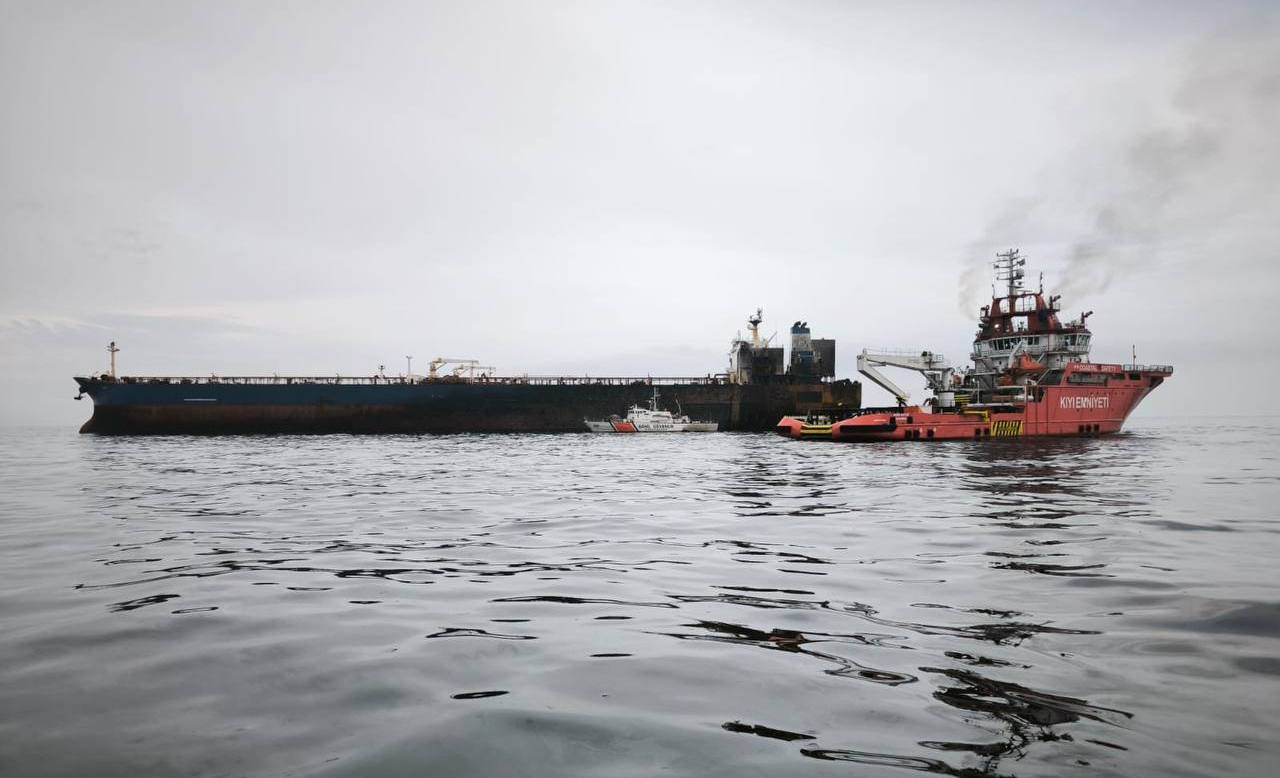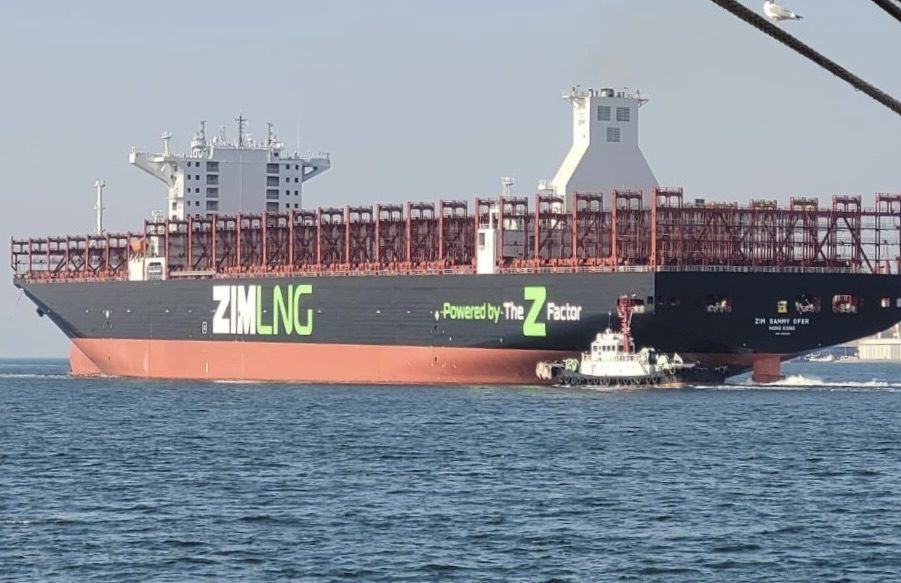By Lisa Baertlein and Jarrett Renshaw
LOS ANGELES/WASHINGTON, May 7 (Reuters) – U.S. energy groups are asking President Donald Trump’s administration to exempt liquefied natural gas tankers from a new rule that will require producers to move an increasing percentage of their exports on U.S.-built vessels as part of a broader push to revive domestic shipbuilding.
The U.S. is the world’s No. 1 LNG exporter at $34 billion annually and the Trump administration has been a supporter of the industry in his push for energy dominance.
In a move that shocked the industry, the U.S. Trade Representative (USTR) announced April 17 that LNG producers would have to transport 1% of their exports on U.S.-built ships starting in April 2028. That percentage would escalate to 15% in April 2047 and beyond.
That could put the U.S. LNG industry at a disadvantage to its peers around the world because there aren’t enough U.S.-built ships to meet the requirement, the American Petroleum Institute (API) said in an April 23 letter to U.S. Energy Secretary Chris Wright and National Energy Dominance Council Chair Doug Burgum seen by Reuters. Burgum is also U.S. Interior Secretary.
It “risks counteracting the significant progress the Trump Administration has made towards reducing uncertainty and unleashing U.S. LNG,” API CEO Mike Sommers wrote in that letter. API counts as members some of the world’s largest energy companies, such as Exxon Mobil, Chevron and Cheniere Energy.
Individual exporters that do not comply could lose their export licenses, even though the percentages apply to the overall industry and to ships that exporters do not own or control, industry groups warned.
“They have little control over their ability to comply with USTR’s new requirements but ultimately face the consequences of not doing so,” Sommers said in the letter.
“We will continue working with USTR and the Department of Energy in support of feasible and durable policies that benefit consumers and advance American energy dominance,” Aaron Padilla, API’s vice president of corporate policy, told Reuters in a statement late on Tuesday.
Representatives from the USTR and White House press office did not immediately respond to requests for comment. USTR proposed the rules as part of a larger effort to counter China’s growing commercial and military dominance on the high seas.
There are now 792 LNG carriers in operation globally, according to shipping consultancy AXSMarine.
LNG ships from South Korea and Japan dominate that group with 703 combined. China, which aims to become a LNG tanker powerhouse, built 58. Five come from U.S. shipyards – though those 1970s-era American made vessels are laid up and not currently in use, AXSMarine said.
South Korea remains the dominant builder with 232 LNG carriers currently on order. China, while still behind, is rapidly expanding its footprint with 101 LNG carriers on order, AXS Marine said.
U.S. shipyards cannot turn out vessels fast enough to meet the USTR deadline, the Center for LNG told Reuters in a statement.
“There are no such vessels in existence today, and building them would take decades, making compliance impossible for the industry,” Charlie Riedl, executive director at the Center for LNG, said in a statement on Wednesday.
The USTR requirement for 1% of LNG exports to be transported on U.S.-built vessels would require as many as five American-built ships by the end of the decade, which is not feasible, API CEO Sommers said in the letter.
That’s because it would take as long as five years to build one LNG carrier at either of the two U.S. shipyards with docks long enough to build such a ship, Sommers said.
“We urge the Administration to exempt crude oil and refined product imports and exports – consistent with this Administration’s approach to exempt these same products from baseline and reciprocal tariffs,” Sommers wrote.
Vehicle carrier operators also hope to win relief from new rules that would levy hefty U.S. port fees on all of their foreign-built vessels. USTR also announced those unexpected rules on April 17.
(Reporting by Lisa Baertlein in Los Angeles and Jarrett Renshaw in Washington; additioanl reporting by Arathy Somasekhar in Houston; Editing by Chizu Nomiyama)
(c) Copyright Thomson Reuters 2025.

 Join The Club
Join The Club











